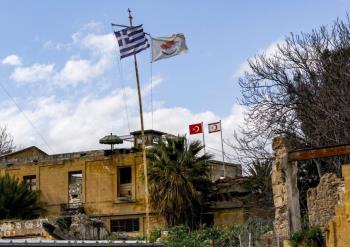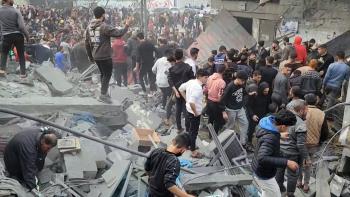Alwaght- The resignation of President Abed Rabbo Mansour Hadi did what it did in Yemen. It re-shuffled the cards again in the country. ‘Ansarullah’ was not in their accounts that Hadi will resign, whom they believe was holding on to power until the last gasp.
Not the siege imposed by ‘Ansarullah’ and ‘People's Committees’ around the Presidency House made Hadi leave the presidential throne, nor was their entry to the Ministry of Defense or other military headquarters. If Hadi was actually influenced by the changes that took place around him, he would have resigned from the moment ‘Ansarullah’ and its supporters have entered Sanaa the capital on September 21 2014.
‘Ansarullah’ are carrying out the process of establishing an interim presidential council calmly. They went to Cairo and met with former president Ali Nasser Mohammed, a former president of South Yemen before the 1990 merger with North Yemen, to persuade him to preside the council. The pillars of the council are not anchored well yet, but its formation is considered to be very soon.
The interim council will manage the country for up to a year. This period will be followed by new election that apparently will include multiple candidates, as opposed to the single-candidate vote that got Abed Rabbo Mansour Hadi elected. Additionally, the council will manage to amend the constitution, in a way that would keep the country united.
Declaration of the agreement between the different parties on the establishment of a presidential council comprising all Yemeni forces is just around the corner. Confirmations were received from negotiators in the ongoing sessions, stating that most of the conferees have reached inclusive understanding. The Yemeni Socialist Party agreed, yesterday evening, on the establishment of a council running the country in the next phase.
The establishment of the council and its objectives deny the allegations of the Persian Gulf states, especially Saudi Arabia, about the efforts of Houthis to monopolize power in Yemen. Moreover, the establishment of the interim council move by the Houthis proves that they are acting to involve all Yemeni forces in the country's political game. Saudi Arabia and Persian Gulf state concerns about Houthis’ power stems from their fear of “the control of Shiite forces” supported by the Islamic Republic of Iran, over Yemen. Therefore, you find these states acting to disable any agreement between Yemeni forces, and they will work to restrict the Presidential Council if it forms.


























